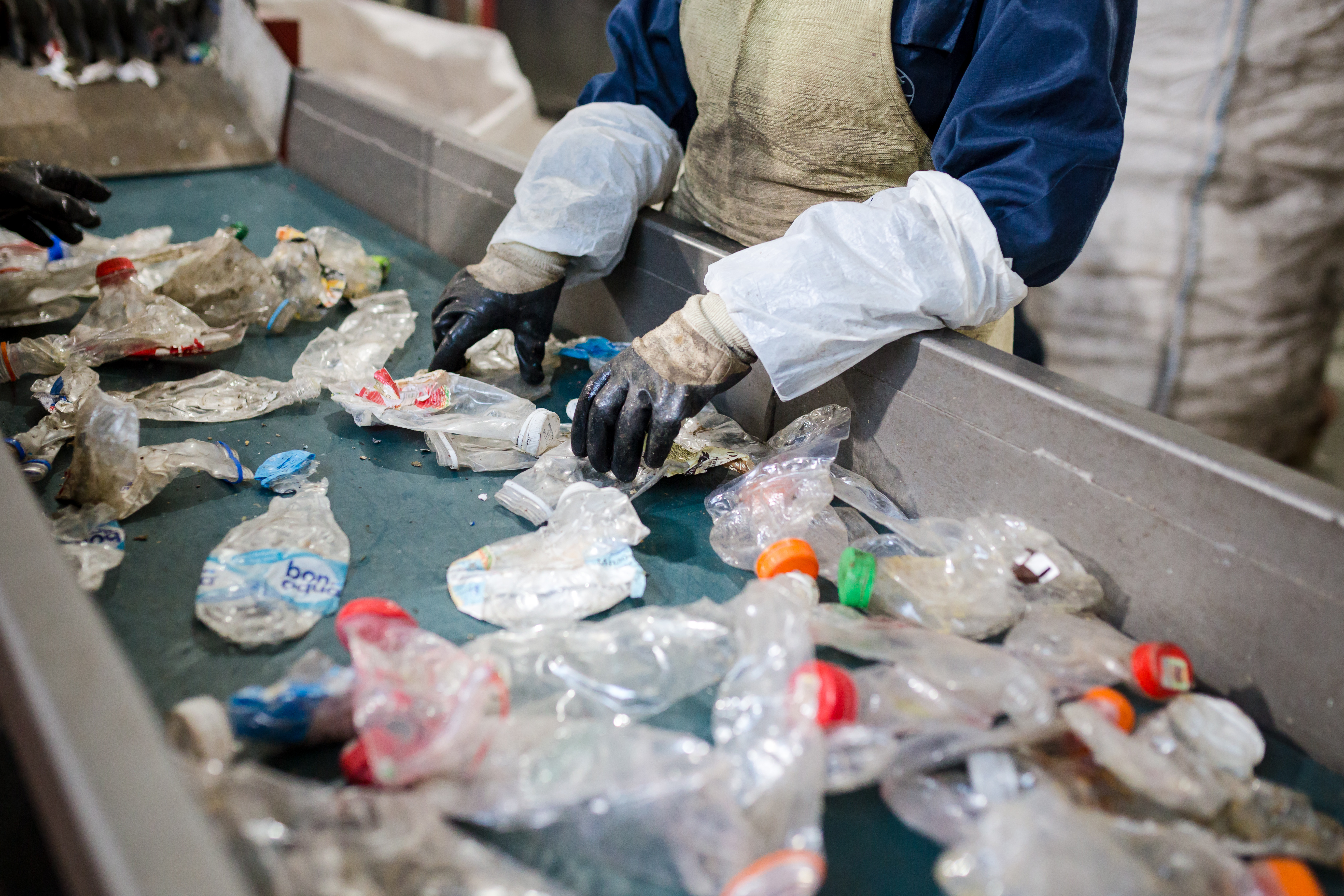
In-Depth
Plastic manufacturing’s big new focus
July 13, 2022
By
Canadian Manufacturing


Photo Credit: Adobe Stock/Pavel
When Canada announced 6 single-use plastic product bans on June 23, 2022, plastics manufacturers were not caught completely unawares, even if they were disappointed.
Berry Global’s Calvin Mazurenko, a Managing Director with the plastics manufacturer was not shy in his comments.
“The banned plastics are heavily used in the retail consumer market and they end up in landfills and in our water systems so it makes sense to ban, but the Canadian government has provided alternative solutions to change consumer actions. The ban might be a little premature,” says Calvin.
When asked what other solutions the federal government could have presented to support plastics manufacturing, Calvin mentions more recycling programs and opportunities for consumers to send their plastics back to depots and repurposing facilities. The Berry Global managing director mentions similar programs that exist in the U.S. that have been a ‘tremendous success’ for recycling efforts.
Calvin also mentions that if the only option Canadian consumers have is to put their single-use plastics in the garbage, then responsibility falls on Berry Global as well for not creating programs that can help encourage recycling.
Berry Global was recently part of an announcement with Cleanfarms and Poly-Ag in June of 2022, introducing a program to recycle and create more sustainability in the manufacturing of agricultural films.
Cleanfarms has been involved in the recovery of agricultural plastics for some time, and their experience is with handling programs where there is a collection site and in collecting and transporting materials to a facility where they can be recycled.
Poly-Ag is a company that processes agricultural waste in Alberta, and has a background in removing foreign components and cleaning used agricultural films.
Berry Global is focused on sustainability efforts like these in a global marketplace that will no longer facilitate wanton plastics manufacturing.
Calvin Mazurenko mentions this as part of Berry Global’s new focus in Canada as well.
“Our main focus is in analyzing the performance of our agricultural films using our PCR resin, our post-consumer resin that we’ve applied to our films. We’re using this more sustainable resin and we’re trying to improve it and analyze how it’s performing. Can it handle the heat of the summer, can it handle the cold of the winter? It takes time to analyze the PCR resin.”
Plastics manufacturers are in the midst of a sweeping change, transforming their manufacturing operations to process post-consumer recycled resin as opposed to virgin resin. Part of this change is as a result of pressures from the Canadian government to achieve zero plastic waste by 2030.
Plastics manufacturing also has its fair share of challenges and hurdles in adopting PCR resin for agricultural films manufacturing.
Calvin cites meeting consistent density and melt index markers as some of the challenges in manufacturing plastics that can serve the agricultural industry reliably.
He also says that customer perception is another challenge, as consumers still believe that PCR plastics are not as good as virgin resin.
Canadian Manufacturing’s conversation with Berry Global suggests that adopting sustainable plastics across the manufacturing supply chain will take the buy-in of every stakeholder involved, and not just federal mandates and the plastics industry responding. Consumers and small businesses will have to work in tandem to make zero plastic waste by 2030 a realistic possibility.
Print this page